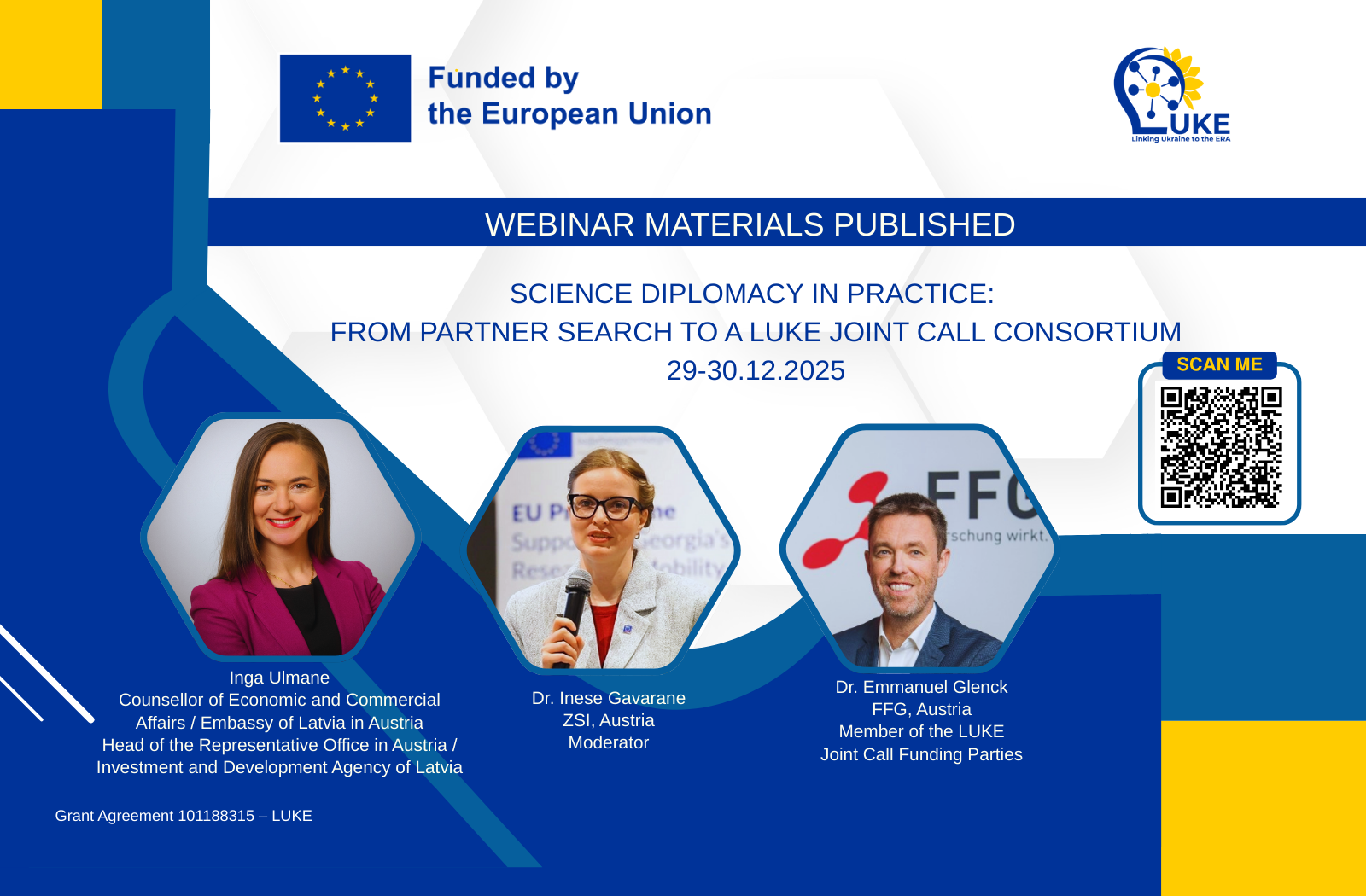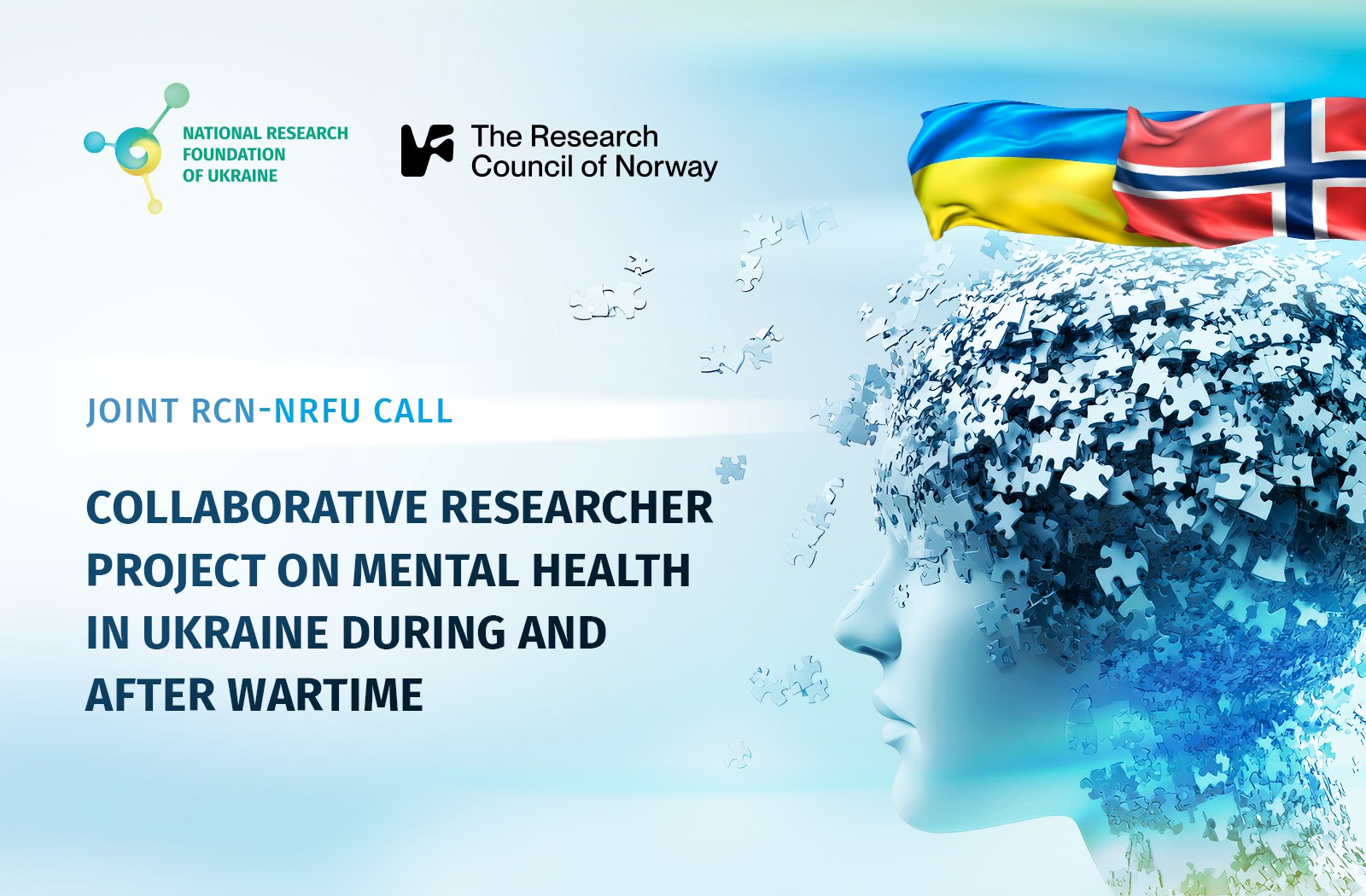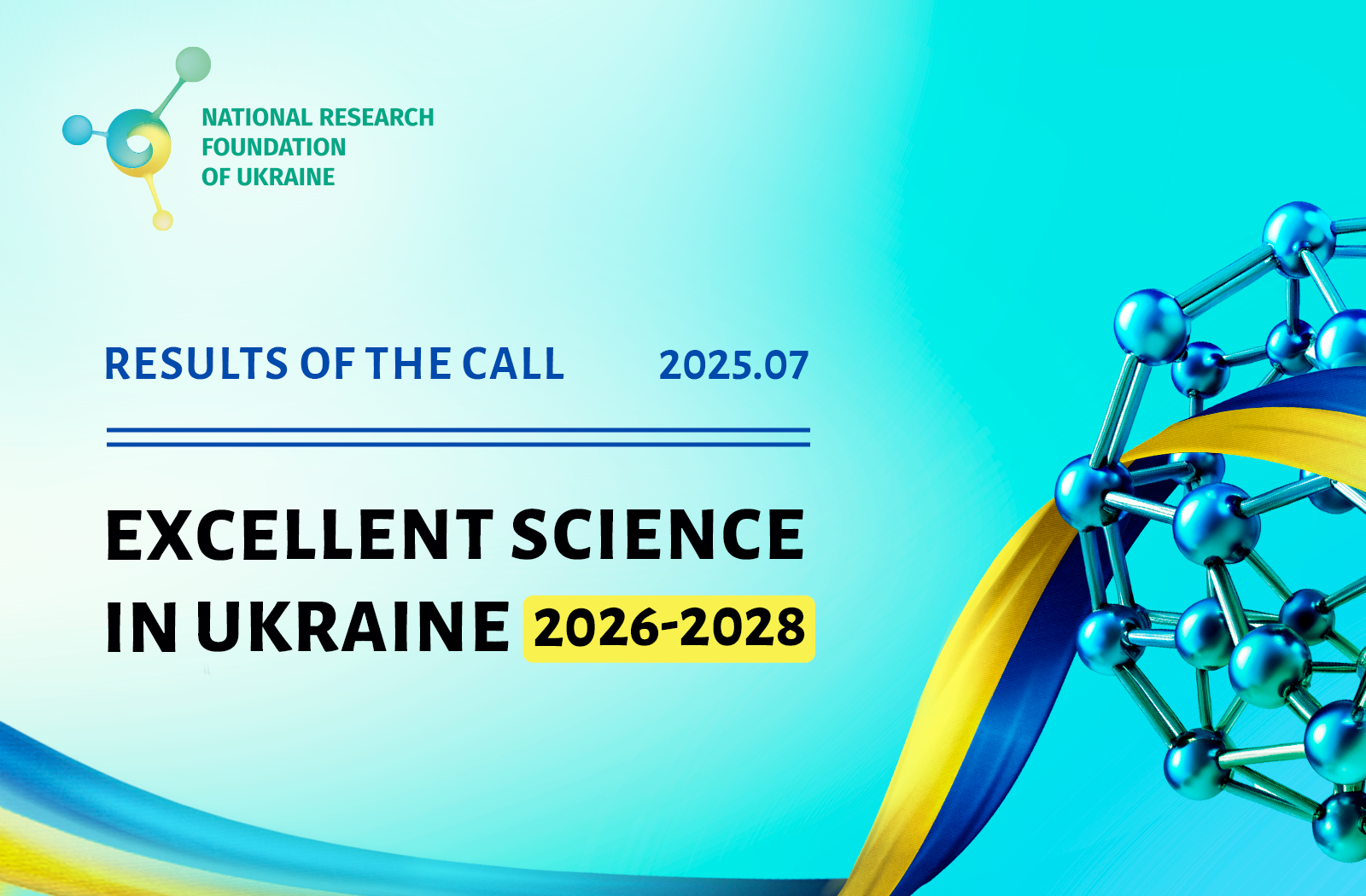“People who used to be teachers, researchers, and villagers are now ready to fight, but we need weapons and support”
Farmand hopes to use the position to at least complete the practical lab work for her thesis before continuing the rest of her studies at her home university after the war.
But the UK government’s visa requirements, which favor people who already have family in the country and involve a great deal of paperwork, are slowing the process. So Farmand, who is staying with family friends in France, is also looking for positions in that country, where the rules appear to be more lenient.
Her future is still uncertain. “I can stay here without a visa for 3 months, but I have no idea what I will do after that,” she says.
The #ScienceForUkraine group is also working on ways to help Ukrainian scientists stay longer in their host countries if they find a new position.
European employment law requires employers to hire people permanently after 6 months of temporary work, something that many universities may be unable to commit to, says Oleksandra Ivashchenko, PhD, a Ukrainian volunteer with the group who is doing her residency in medical imaging at Leiden University in the Netherlands.
Ivashchenko and her colleagues are working with national academies of science and other institutions, asking them to take on the role of official employer for all refugee scientists in a country, with universities reimbursing them.
Thousands of Scientists Stayed
Ivashchenko is also looking for ways to help Ukrainian scientists who can’t, or don’t want to, leave the country.
She estimates that around 75% of Ukraine’s roughly 80,000 scientists will stay. “They are looking for opportunities to keep working instead of thinking about the war all day,” she says.
The group is collecting opportunities for scientists in Ukraine to work remotely as researchers or lecturers with colleagues abroad. “We’re shifting our focus from just refugees, to make sure the whole research community can remain connected,” says Ivashchenko.
Olga Polotska, PhD in Philology, executive director of the National Research Foundation of Ukraine, is one of those who stayed.
At first, she continued going to her office in the center of Kyiv but was spending most of her time in bomb shelters. She decided to stay outside the city center. She says she now starts each day by posting in the foundation employees’ group chat, checking if everyone is still alive.
It’s difficult to collect reliable information, but Polotska knows of several researchers who have been killed, including one from the National Academy of Sciences who was shot in his car along with his family while trying to evacuate. “It’s hard to believe, but it’s reality,” she says.
Whether scientists in Ukraine can continue their work depends on where they live, she says. Universities and research institutes in areas close to the fighting have completely shut down, while those in safer areas in central and western Ukraine are continuing some work online where possible.
While those who work for government institutions continue to receive their salaries, many who work for private institutions are no longer getting paid.
Research Money Redirected to Defense Forces
The National Research Foundation of Ukraine has also donated its $30 million budget for research grants back to the government to support the defense forces. The research community fully supports that decision, says Polotska, but it means there is no money going to the grant holders.
“We’re completely frozen,” she says, “and even a couple of months’ disruption can set you back years.” So the remote work opportunities collected by #ScienceForUkraine are widely shared in the community, she says, and are much appreciated.
Many have joined the Territorial Defense Forces, or spend their time volunteering to deliver food, medicine, and clothing, or help evacuate children from threatened cities.
“People who used to be teachers, researchers, and villagers are now ready to fight, but we need weapons and support,” Polotska says.
Even for those who have left Ukraine, being safely away from the fighting does not make it easier.
Bazilinskyy has started his new position in the Netherlands but splits his time between work and efforts to help in Ukraine. He collects items like shoes, sleeping bags, and medicine to help refugees.
“I’m still in a state of shock, to be honest,” he says, “but I’m trying to help where I can.”






